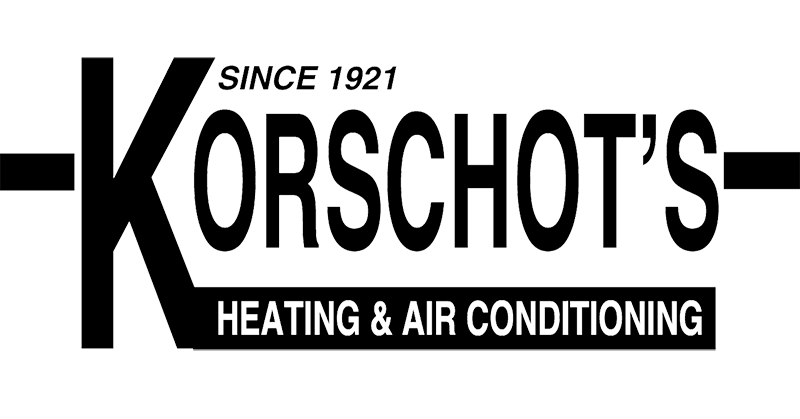Indoor Air Quality
Indoor Air Quality in the Lafayette, IN Area
Don't Live with Allergies!
Indoor air pollution can actually be worse for you that outdoor pollution! People spend the majority of their lives inside their homes and buildings, so clean indoor air with low levels of dust, particulates and contaminants and the right level of humidity is more important for day-to-day health and comfort.
For more information about indoor air quality testing or solutions for the greater Lafayette, IN area, please call us at (765) 447-1137 or request an estimate online.
|
|
Indoor pollution can trigger allergic reactions, asthma attacks and other respiratory symptoms. Children, the elderly and even healthy adults can experience fatigue, nausea, headaches, scratchy throat and nasal irritation as the result of unhealthy indoor air.
New homes are constructed with tighter windows and doors to save energy, but they also keep fresh air out. High efficiency heating and cooling systems constantly recirculate indoor air so indoor pollutants build up over time. Most homes may not be properly equipped to filter and purify indoor air.
If you want cleaner, healthier indoor air, we can help supply and install the latest air filtration systems, air decontaminating UV lamps, dehumidifiers and humidifiers.
Indoor Air Quality refers to how healthy your home’s air is to breathe. Just as outdoor air can become polluted, so too can indoor air. There are many contributing factors to poor air quality inside your home; pet dander, dust mites, pollen, Volatile Organic Compaounds (called VOCs), and microscopic germs and viruses. Indoor air may be up to 70 times more polluted than outdoor air. There are a number of excellent products available to increase the quality of the air you breathe in your home. Products such as humidifiers, electronic air cleaners, and ultraviolet lights.
A rash of prescriptive pills and inhalers for the symptomatic relief of respiratory distress from asthma, rhinitis, and seasonal and perennial allergies has emerged recently. Pharmaceutical companies proclaim the efficacy of their antihistamines, bronchodilators and Leukotriene blockers with blitz ad campaigns in magazines and on television.
Yet what is too often overlooked is the importance of clean air as a first measure to alleviate the cause of nagging symptoms. Mother Nature intended us to breathe clean air. It’s her basic prescription for good health. Still, many of us don’t pay enough attention to the quality of the air we breathe, even though most respiratory problems are affected by – and even brought on by – airborne contaminants.
While there is little we can do to rid the outside air of pollen, ragweed and other irritants, there is much individuals can do to improve the quality of the indoor air they breathe. That’s important since most people spend about 90 percent of their time indoors, and poor indoor air can cause dizziness, nausea, allergic reactions, and eye, skin and respiratory tract irritations, even in a healthy person.
More susceptible are the very young, the elderly, the chronically ill and individuals suffering from respiratory or cardiovascular disease. The most effective way to maintain good indoor air quality is to eliminate or reduce airborne antigens known to trigger allergic or asthmatic episodes. Antigens come from smoke, dust, dust mites, cockroaches, mold spores, fungi and animal dander, to name a few.
Improving ventilation by bringing cleaner outdoor air inside can be beneficial but not always practical, especially during cold winter and hot summer months or during seasons when pollen levels are high.
As a more consistent measure year-round, consider the use of a portable air cleaner to reduce the levels of airborne contaminants in living and work spaces.
When choosing an air cleaner, the American Lung Association lists a number of factors to consider, including filtration efficiency and the amount of clean air delivered to a room. Most allergists and respiratory care professionals recommend air cleaners that use a true HEPA media filter. HEPA is an acronym for High Efficiency Particular Arrestor and is by definition 99.97 percent efficient in capturing particles of .3 micron in size.
Experts also suggest that for individuals with asthma and severe allergies, the air cleaner should provide at least six air changes per hour (6 ACH) in the room. [From The Lafayette Leader, June 12, 1999]
In need of Air Quality services in Lafayette? We would love to come to your home and help you discover the best option for your overall comfort.
